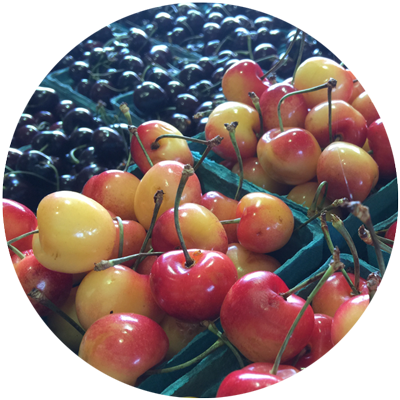Home > Climate News >
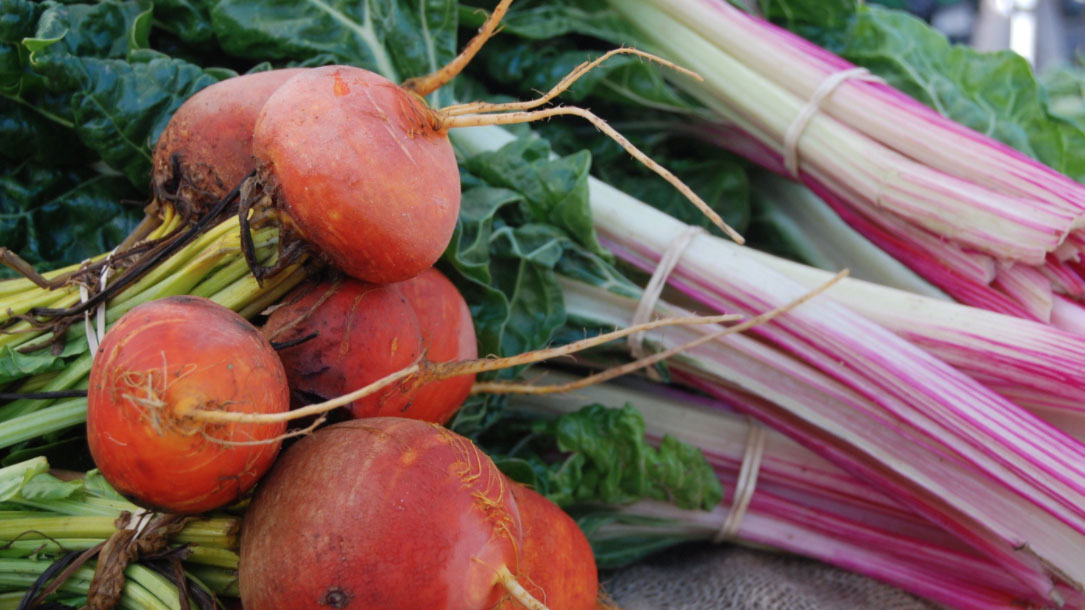
High CO2 Levels Will Wreck Plants’ Nutritional Value, so Don’t Plan on Surviving on Vegetables
“Our emission of greenhouse gases from burning fossil fuels is reducing the nutritional quality of our food,” says Kristie Ebi, the University of Washington professor who was the lead author on the Intergovernmental Panel on Climate Change’s (IPCC) blockbuster report last fall on the need to limit global warming to below 1.5 degrees Celsius.
Ebi directly refuted an idea that’s been floating around for a while about the effect of CO2 on food production and global hunger. Technically, plants need CO2 to survive: they bring it in, break it down, and rely on carbon to grow…
“It’s not just us,” Ebi says. Animals like cows that rely on grains and plants for their diet produce meat and milk that contain fewer nutrients and vitamins, and people who eat meat take in fewer of those crucial resources…
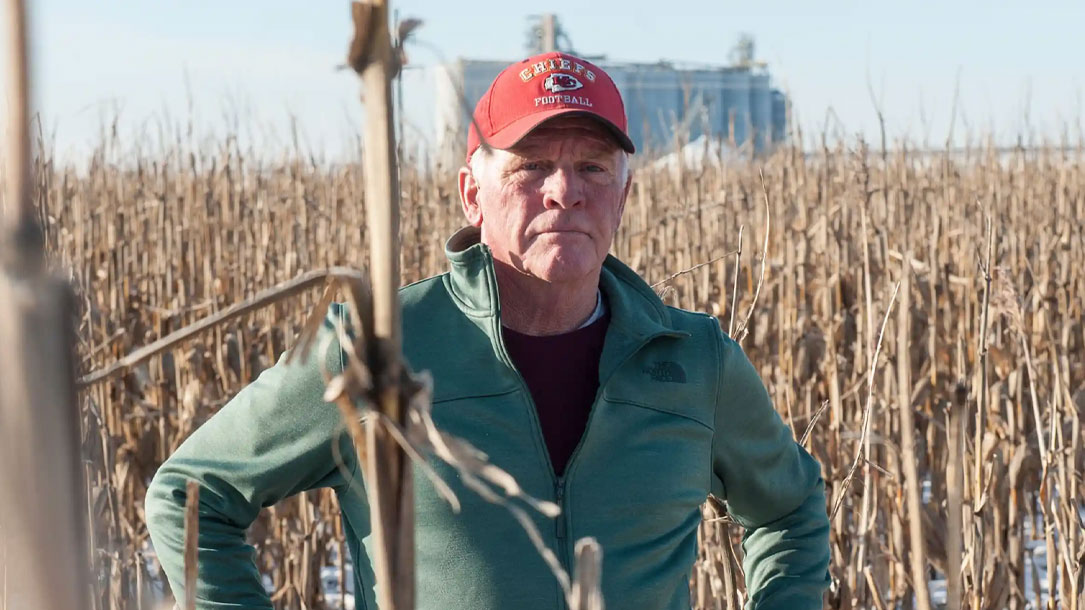
As climate change bites in America’s midwest, farmers are desperate to ring the alarm
“Richard Oswald did not need the latest US government report on the creeping toll of climate change to tell him that farming in the midwest is facing a grim future, and very likely changing forever.
For Oswald, the moment of realisation came in 2011.
The 68-year-old lives in the house he was born in and farms 2,500 acres with his son, some of it settled by his great-great-grandfather. The land sits where the Missouri river valley is about four miles wide.
Growing up, Oswald heard tales of a great flood in 1952 which prompted the army to construct levees…”
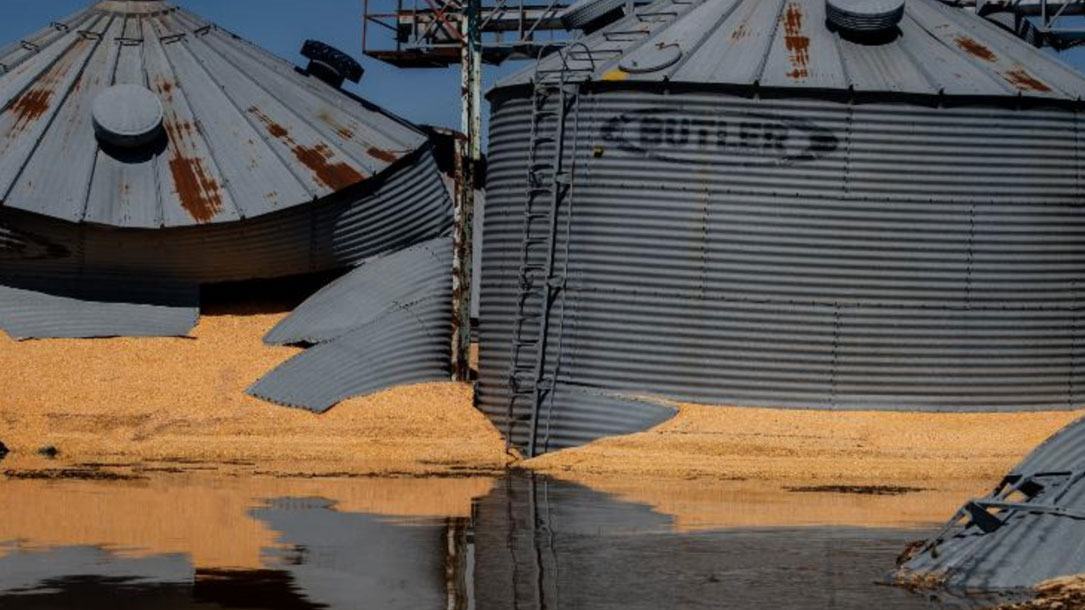
The Midwest flooding has killed livestock, ruined harvests and has farmers worried for their future
(CNN)Farmers in parts of Nebraska and Iowa had precious little time to move themselves from the floodwaters that rushed over their lands last week, so many left their livestock and last year’s harvest behind.
Now as they watch the new lakes that overtook their property slowly recede, some have a painfully long time to reflect: They lost so much, staying in business will be a mighty struggle.
Across parts of the Midwest, hundreds of livestock are drowned or stranded; valuable unsold, stored grain is ruined in submerged storage bins; and fields are like lakes, casting doubt on whether they can be planted this year.
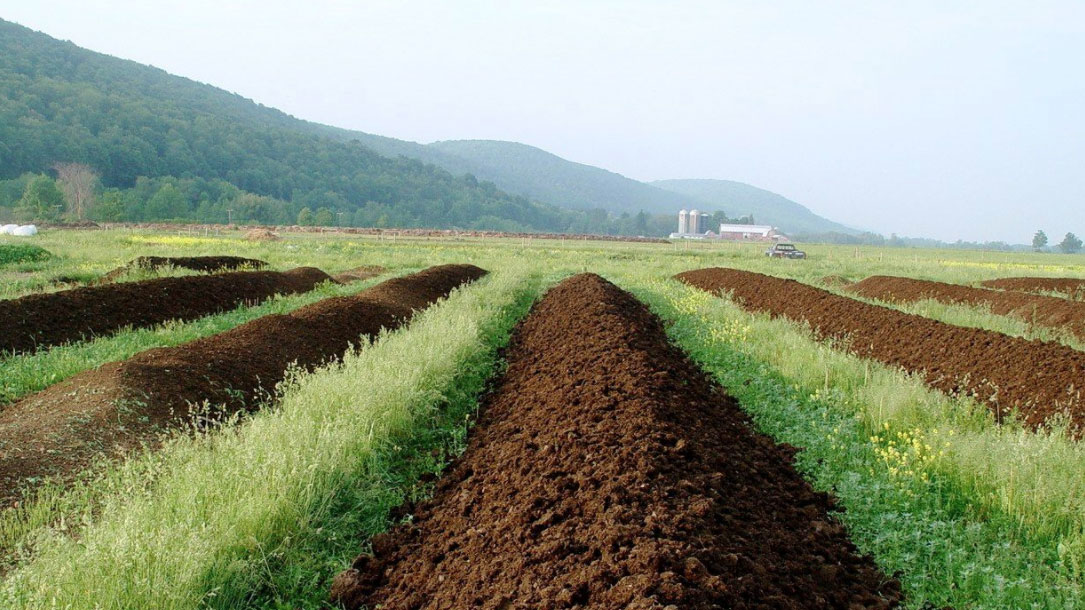
Farm Bureau Shows Little Concern About Climate Change Agricultural Effects
Those of us who don’t grow our own food may lose sight of how much risk is involved in agriculture. But the recent floods in the Midwest are a startling reminder that farming can be a precarious occupation because of climate change, with its unpredictable and sometimes downright wild weather.
Not enough water or far too much; sweltering days or frigid ones; and unexpected shifts in the timing of all these things can put farmers in trouble. As the headline of a worthwhile overview story in The Guardian puts it, “As Climate Change Bites in America’s Midwest, Farmers are Desperate to Ring the Alarm.”
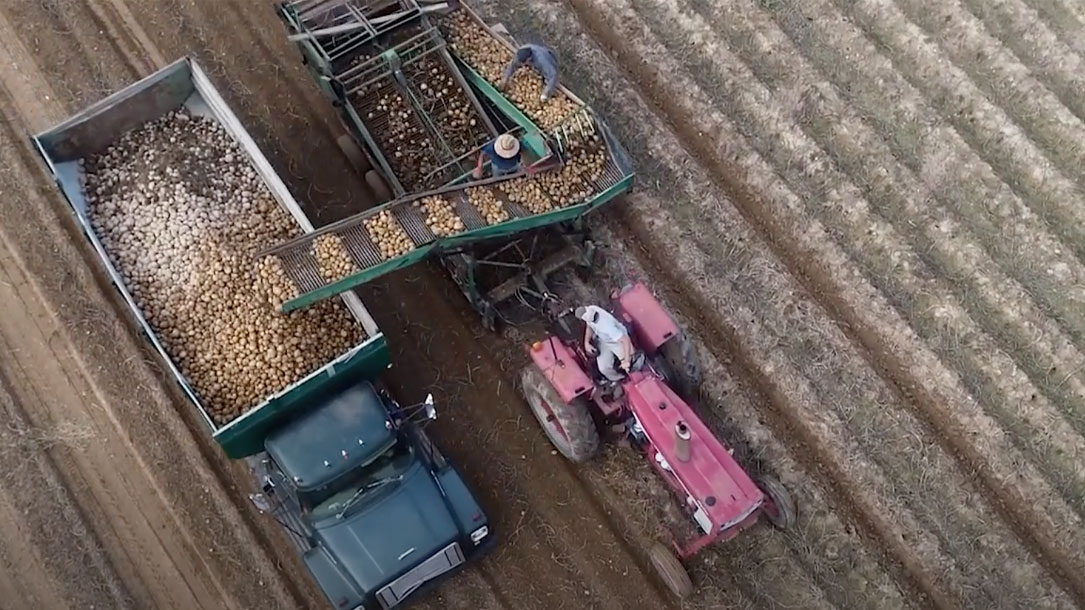
Soil champions: farmers lead
Farmers take risks all year long and with climate change, those risks are growing with extreme and unpredictable weather. Yet we know from research that soils can and do impact how fast climate change will accelerate—or slow down.
American Farmland Trust, in partnership with farmers and partners, is ramping up its communications efforts to support farmers in this transition. Check out this short video where the farmers of Long Island, NY, talk about the changes they have made, and why.
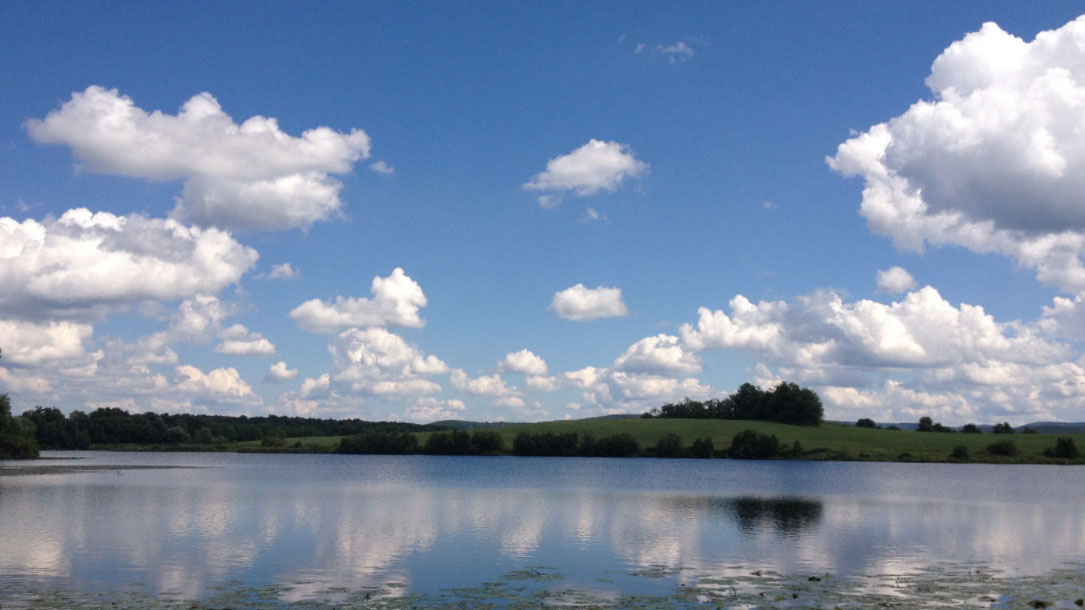
Taking steps to “walk the walk”: Peconic Land Trust makes changes
Peconic Land Trust’s (PLT) values and goals reflect their organization’s desire to protect their environment and appreciate the natural resources of Long Island, New York. Over the last several years, PLT has taken steps to minimize their carbon footprint by making their offices more efficient and by integrating “green principles” throughout the organization.
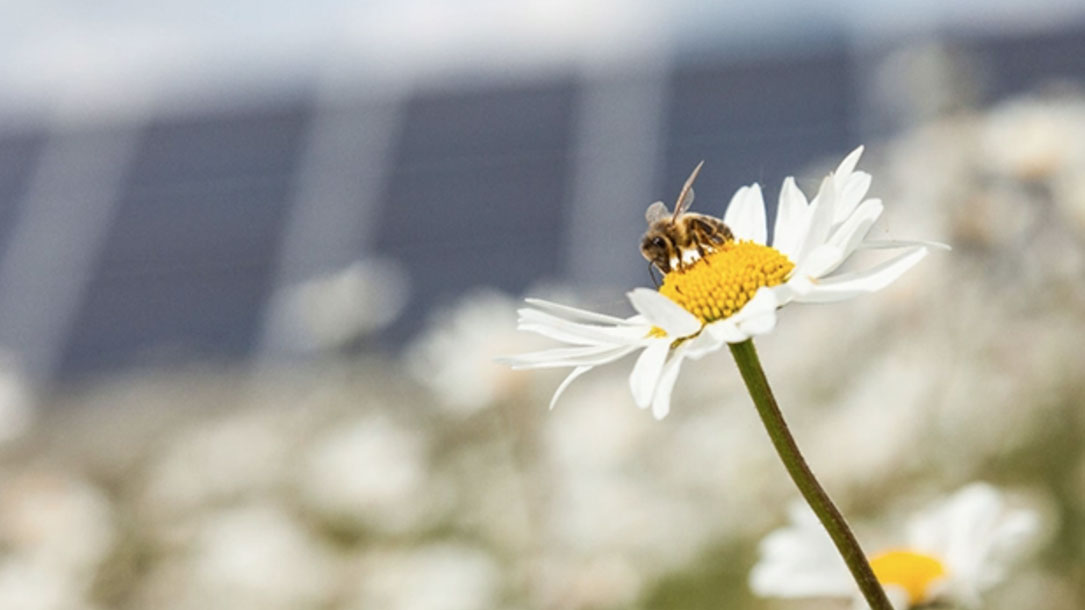
Highly compatible: pollinator-friendly solar projects and farming
Taking farmland out of production to increase harvests might seem counterintuitive. But new and ongoing research suggests that trading some farmland for deep-rooted prairie vegetation can provide habitat for wild insect pollinators and boost overall crop yields.
Increasingly popular pollinator-friendly solar projects, which cultivate low-growing meadows underneath the panels, present an opportunity to increase food production and clean energy generation at once. For a state like Minnesota, where farming is prevalent and the solar industry is expanding, this kind of compatibility between agriculture and solar energy production is a most welcome development…
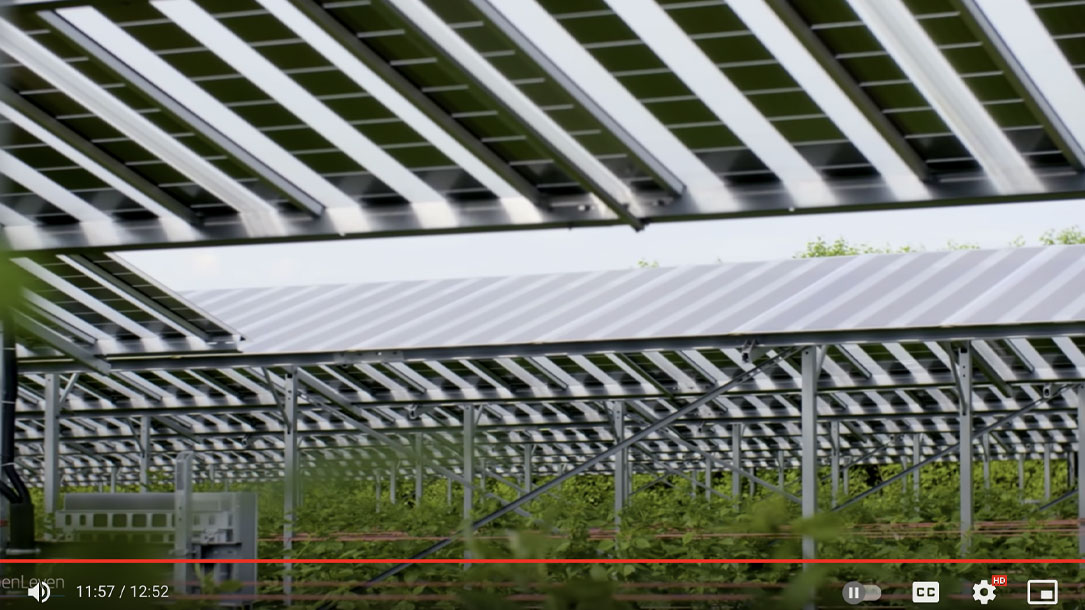
Agrivoltaics: Solar panels on farms could be a win-win
Many local food advocates argue that an inadequate portion of the food consumed in Massachusetts is grown there. The short growing season along with high costs for labor and land can make farming in Massachusetts a financially precarious proposition.
Some advocates say that dual-use solar installations have the potential to ease a number of these problems at once…
Energy and food together: Under solar panels, crops thrive
At a recent solar energy conference in Minneapolis, attendees unwound at happy hour, tasting free pints of a local honey-based India pale ale called “Solarama Crush.” Minnesota-based 56 Brewing makes the smooth IPA using honey from hives located on solar farms outside the Twin Cities.
Honey producers Travis and Chiara Bolton keep bees at three solar farms where developers seeded native plants underneath and around panels. “The advantage to these sites is that they are intentionally planted for pollinators,” says Travis Bolton. “At these sites, they’re really trying to get them back to a native prairie, and that’s a benefit to us…”

Adapting agriculture to climate change
“The strong trends in climate change already evident, the likelihood of further changes occurring, and the increasing scale of potential climate impacts give urgency to addressing agricultural adaptation more coherently. There are many potential adaptation options available for marginal change of existing agricultural systems, often variations of existing climate risk management. We show that implementation of these options is likely to have substantial benefits under moderate climate change for some cropping systems. However, there are limits to their effectiveness under more severe climate changes. Hence, more systemic changes in resource allocation need to be considered, such as targeted diversification of production systems and livelihoods…”



